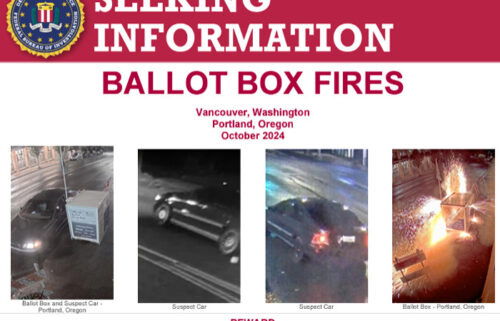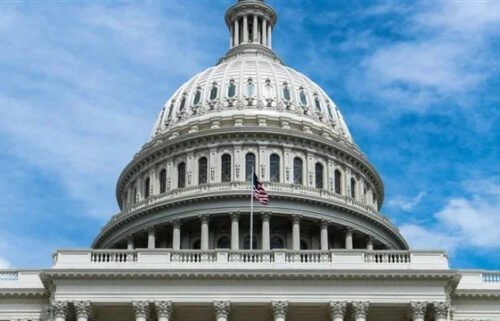Idaho asks judge to rethink temporary block on abortion ban

By REBECCA BOONE
Associated Press
BOISE, Idaho (AP) — Attorneys for the state of Idaho say a federal judge misinterpreted the law when he blocked part of a strict new abortion ban, and they say another law blocking all abortions after about six weeks’ gestation should also remain in effect.
In court documents filed Wednesday, Deputy Attorney General Brian Church asked U.S. District Judge B. Lynn Winmill to reconsider his decision blocking the state from enforcing a strict abortion ban in medical emergencies, saying the judge misinterpreted both state and federal law and then issued an overly broad ruling.
“This case is not about denying necessary medical care to save the lives of women,” Church wrote in his motion. “This case is about preserving for the State its sovereign power to regulate abortions within its boundaries.”
Idaho’s strict abortion ban makes performing an abortion in any “clinically diagnosable pregnancy” a felony punishable by up to five years in prison, but says that physicians can defend themselves in court by showing that the procedure was necessary to avert the pregnant person’s death.
The law prompted the U.S. Department of Justice to sue Idaho last month, contending that the ban violates the Emergency Medical Treatment and Labor Act (EMTALA). The law requires Medicare-funded hospitals to providing stabilizing care to patients experiencing medical emergencies, and the Justice Department says that include abortions in cases where the health of the pregnant patient is in jeopardy or when continuing the pregnancy could seriously harm the pregnant patient’s organs or body parts.
The Justice Department asked Winmill to temporarily stop the state from enforcing the ban in emergency medical situations, and late last month, Winmill agreed. The ban remains enforceable for all other abortions, however.
In the latest court documents, the attorney for Idaho said EMTALA was intended to ensure that all people receive emergency medical care regardless of their ability to pay. The law “did not suddenly take on new form to federalize abortion when Roe v. Wade was reversed,” Church wrote.
Church also contends that the judge misread Idaho’s anti-abortion law by suggesting that it required a patient to be in imminent danger of death before an abortion procedure may be performed. The law instead refers to abortion procedures that are “necessary to prevent the death of the pregnant woman,” with no immediacy requirement, Church said.
Winmill’s order blocking the state from enforcing the law in some emergencies also goes too far because it stops Idaho from “seeking to impose any other form of liability” on hospitals that conduct abortions when they are deemed necessary to avoid severe health consequences for the pregnant person, Church said.
That wording appears to also block Idaho’s so-called “fetal heartbeat” abortion ban, which criminalizes abortions performed after about six weeks’ gestation when electrical activity can first be detected in the embryonic cells that later may develop into the heart, the deputy attorney general said. The “fetal heartbeat” law was not included in the Justice Department’s lawsuit, Church noted.
But there’s debate over whether the so-called heartbeat law remains legal at all. That’s because it contains wording saying it would be superseded by the strict abortion ban once that ban takes effect — and the strict ban went into effect roughly one week after the heartbeat law. Though Winmill’s ruling barred the state from enforcing the ban in emergency medical situations, nearly all abortions remain illegal in Idaho under the strict law.
Attorneys for the Justice Department have until mid-October to file a reply to the state’s motion.



